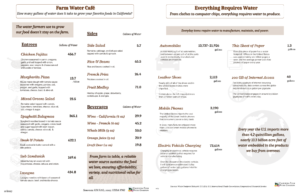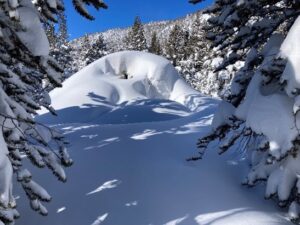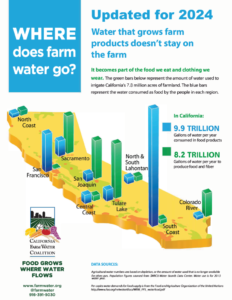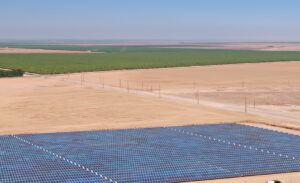No Chicken Little, the Sky is Not Falling
A quick scan of California news over the last few weeks could lead the casual reader to conclude that smelt, salmon and other species are days from extinction and the only thing that will save them is taking water from people, farms and other environmental uses and pumping it to sea as the lone savior of these struggling fish populations. This myopic view helps no one, including fish. That’s why a new plan to review Central Valley Project operations can provide multiple benefits for farms, municipal and industrial users, and iconic fish species, including the Chinook salmon.
While we can all agree the rules governing water use in California are not working for any of us – urban, farm or environmental users – we believe the best path towards balanced policy that benefits all is a calm examination of current scientific research pointing to exciting new possibilities.
Once case in point is Winter-run Chinook salmon. These wily salmon have proved themselves smarter than all of us.
While many observers have hysterically pronounced the salmon had disappeared and immediately started pointing fingers at other water users, scientists at UC Davis were busy making an exciting discovery. In order to adapt to warmer water and some man-made flood control measures that helped make their path to the ocean more difficult, they took matters into their own fins and have been make stops in safer estuaries along the journey. In other words, they couldn’t be found because we weren’t looking in the right places. Providing safer habitat is one thing current science tells us can help increase their numbers.
Another thing to keep in mind is this: When you withhold water from the Central Valley you not only jeopardize healthy food production and urban uses, you hurt the environment as well. Few people realize that federal, state and private lands in the Central Valley together make up the largest contiguous freshwater wetlands remaining in California and the second largest contiguous wetlands in the Continental United States. These wildlife refuges are home to birds, animals, plants and fish that depend on this water to survive. “Environmental” use of water in California is much broader than some would lead you to believe and all environmental uses need a voice at the table. If we make policy based on outdated information we may end up only marginally helping fish and doing serious damage to other endangered species as well as farms and people.
We support the current environmental review governing use of Central Valley Project water and believe that current science and calm logic can lead us to water policy that benefits all California water users. There’s more than one way to grow a fish.



